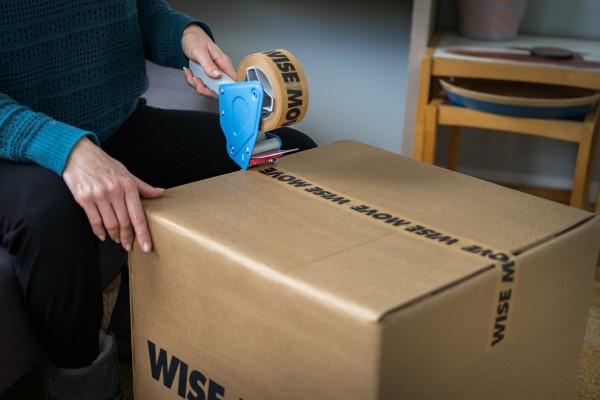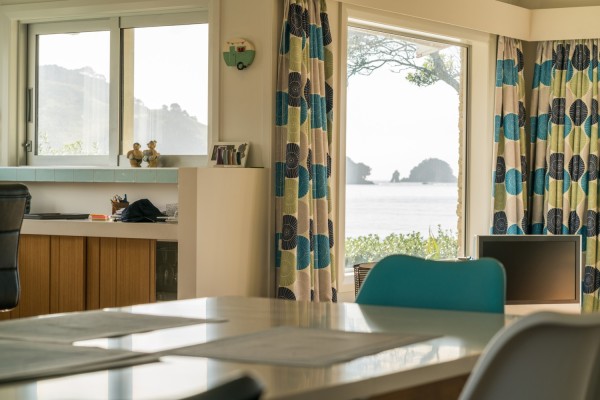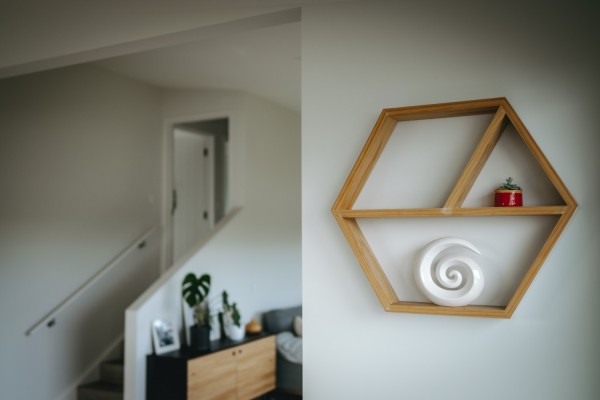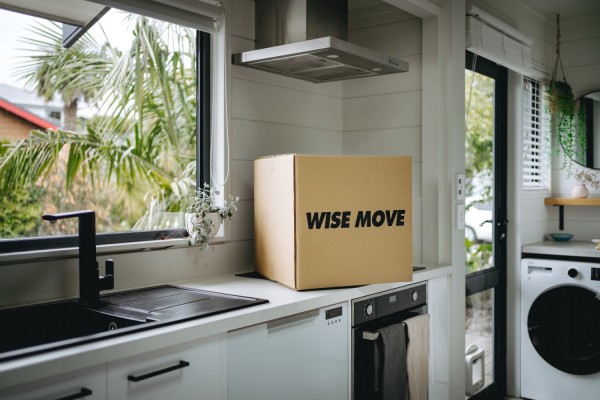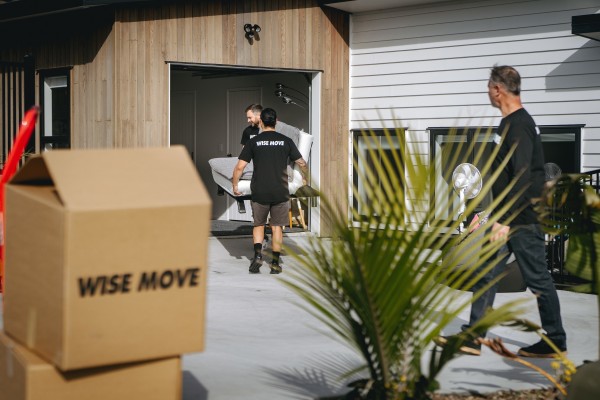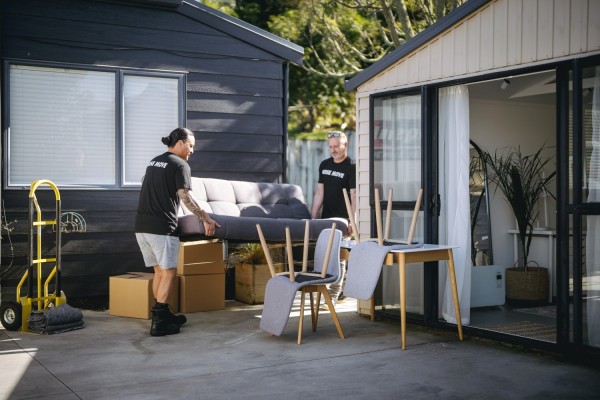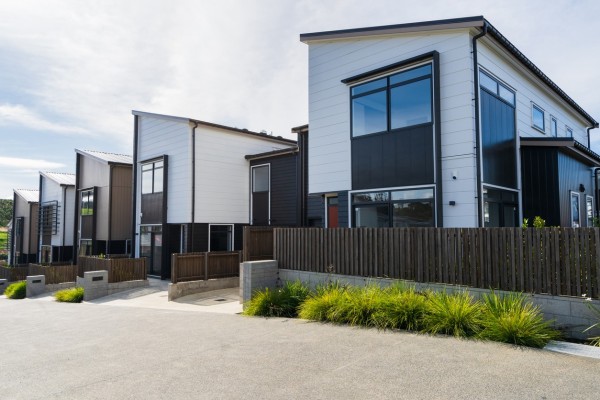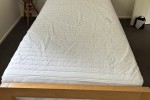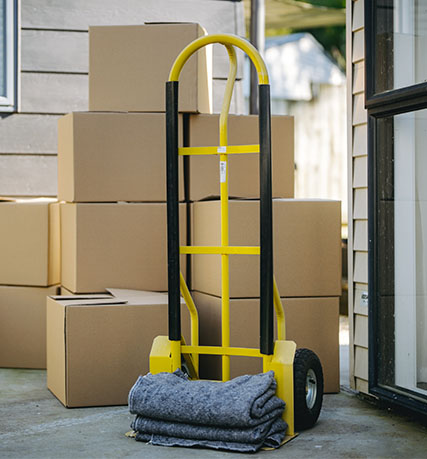What are your rights and responsibilities as a renter or landlord in New Zealand?

Renting a property involves a lot of responsibility for both tenants and landlords. While tenants expect a safe and well-maintained living space, landlords and tenants both have responsibilities to ensure a smooth experience for everyone.
What is a landlord responsible for?
Signing a Tenancy Agreement
The first step in beginning a tenancy is signing a tenancy agreement. Landlords are responsible for preparing this agreement and providing a copy to the tenants before you move in. This document outlines the rights and responsibilities of both parties so that all parties know what to expect going forward.
Handling Bond Payments
Landlords are responsible for handling bond payments properly. This means submitting the bond to the appropriate authority, such as Tenancy Services, within 23 working days of receiving it from the tenant. Additionally, landlords should provide tenants with a receipt for any payments made so that the tenant has a proper record of the bond being received.
Rent Payments
It’s up to the landlord to collect rent and maintain accurate records of the money they receive. The landlord must provide receipts for the payment unless the rent is directly deposited into their bank account — which is most common — or paid with a non-negotiable cheque. Tenants can request a copy of these records at any time.
Document Management
Landlords should keep copies of all relevant documents, such as the tenancy agreement, rent receipts, inspection reports, and any communication with the tenants. This documentation serves as evidence in case of disputes and facilitates smooth communication throughout the tenancy. It’s a good idea for tenants to do the same.
Property Maintenance and Safety
Landlords are responsible for providing tenants with a rental property that is in a reasonable state of cleanliness and is safe to live in. This means any repairs must be addressed quickly and the property must be well maintained throughout the tenancy. Landlords are responsible for making sure that the property meets all legal requirements, including building codes, Healthy Homes regulations, and safety standards. Your home must have a heater installed in the living areas and fans in the kitchen and bathrooms.
Fulfilling Tenancy Agreement Promises
Landlords are obligated to deliver everything promised in the tenancy agreement. This includes providing any specified chattels or improvements agreed upon, such as furniture, appliances, or renovations. If a tenant moves into a home are told any repairs will be tended to after they move in, the landlord must fulfil this promise.
Repairs and Maintenance
When items provided with the rental property break down due to normal wear and tear, landlords are responsible for handling and paying for the necessary repairs. This includes repairing or replacing heating systems, locks, extractor fans, cooking facilities, washing facilities, and smoke alarms. These items have a shelf life, and it is normal for them to wear out over time.
Compliance with Legislation
Landlords must comply with the Residential Tenancies Act and healthy homes standards. Landlords should familiarise themselves with these laws to work within the legal framework and protect the tenant's rights. Staying updated with any changes to the law is essential, and landlords can subscribe to newsletters or online resources to receive regular updates.
What is a tenant responsible for?
Signing a Tenancy Agreement
Just as landlords are responsible for providing tenants with a tenancy agreement, tenants must also sign this agreement. This document outlines the terms and conditions of the tenancy, including rent, duration, and any specific rules or obligations. Signing the tenancy means you have read the document and agree to abide by its terms. Make sure you know what is in your tenancy agreement.
Timely Rent Payments
One of the main responsibilities of tenants is to pay the rent in full and on time. Rent is typically due on a specified day each week, and tenants should ensure that payments are made on that day.
Maintaining Cleanliness and Tidiness
Tenants are expected to keep their rental homes reasonably clean and tidy. Regular cleaning practices, such as vacuuming, dusting, and maintaining personal hygiene, help preserve the property's condition and extend the lifespan of carpets, floors, furnishings and appliances.
Respecting the Neighborhood
Tenants are responsible for not interfering with the neighbourhood's peace, comfort, or privacy. This involves being mindful of noise levels, following local regulations regarding quiet hours, and respecting neighbours' privacy. Tenants are entitled to ‘quiet enjoyment of the property’ while renting it. This means that while you can have friends over and host parties, you must still act respectfully.
Reporting Maintenance Issues
Tenants must inform their landlord or agent whenever their home needs repairs or maintenance. Whether it's a leaky faucet, a malfunctioning appliance, or any other issue, reporting these issues when they happen helps the landlord address the problem as soon as possible. If issues aren’t being seen to and they are serious, tenants can issue their landlords with a 14-day notice to get the work done.
Granting Access for Repairs and Showings
To carry out these repairs or show the property to potential new tenants, tenants must allow the landlord or their agent access to the home. Tenants should provide reasonable access during agreed-upon times. Landlords have to give tenants at least 48 hours notice before they enter the property and can’t show up unannounced.
What are your rights as a tenant?
Renting a home in New Zealand comes with rights and protections for tenants. Understanding these rights is important as a tenant so that you can advocate for yourself.
Rent Increases
In New Zealand, landlords have the right to increase rent but must follow certain rules. They can only raise the rent once every 180 days (or six months) for periodic tenancies and once every 12 months for fixed-term tenancies. Rent increases must be fair, reasonable, and in line with market rates for similar properties. Landlords are required to provide tenants with at least 60 days notice in writing before increasing their rent.
Reasonable Wear and Tear
Tenants are not responsible for normal wear and tear that occurs in a property through regular use. Deterioration naturally happens over time, so tenants can’t be held responsible for things like scuff marks on the floor or fading paint. Due to normal wear and tear, landlords cannot hold tenants accountable for repairing or replacing these things. However, this does not prevent tenants from causing damage directly or neglecting to clean the property.
Prohibited Practices
Landlords and property managers aren’t allowed to charge letting fees to tenants. This means you can’t be asked to pay any fees associated with the application process, credit checks, or tenancy agreements. The responsibility for these costs falls on the landlord or property manager.
Landlords can’t discriminate against tenants based on race, gender, marital status, religious beliefs, or sexual orientation. You should not be asked to provide information on these characteristics as a tenant.
Rent in Advance
A landlord can request one or two weeks' rent in advance, which is fairly standard practice in New Zealand. However, how much they can ask for depends on whether the tenant pays weekly (one week in advance) or fortnightly (two weeks in advance). The landlord cannot demand the next rent payment until all the previously paid rent has been utilised. If a tenant has paid two weeks' rent in advance, the tenant is not required to make another payment until the funds have been used, which would be two weeks (14 days) later.
What are your rights as a landlord?
Setting Rent
Landlords have the right to set the rent for their properties. They can determine the rental price based on market rates, property value, location, amenities, and other relevant factors. Landlords should ensure that the rent is reasonable and comparable to similar properties in the area. They also have the right to review and adjust the rent yearly, following the legal guidelines and providing proper notice to tenants.
Property Maintenance and Repairs
Landlords have the right to expect that their properties will be well-maintained by tenants. They can establish cleanliness and property care guidelines, ensuring that tenants keep the premises reasonably clean and tidy. Landlords also have the right to expect tenants to report any necessary repairs or maintenance issues promptly.
Termination of Tenancies
Landlords have the right to terminate tenancies in certain circumstances. This may include situations where tenants breach the terms of the tenancy agreement, engage in illegal activities on the property, cause significant damage, or fail to pay rent. Landlords must follow the proper legal procedures, such as providing proper notice and adhering to termination requirements outlined in the Residential Tenancies Act.
Property Entry
Landlords have the right to enter the rental property under specific circumstances. This includes conducting inspections, making repairs or maintenance, or showing the property to prospective tenants. However, except in emergencies, they must give tenants reasonable notice (48 hours) before entering the premises.
Property Protection
Landlords have the right to protect their property from damage or misuse. They can establish rules and guidelines to ensure tenants use the property responsibly, follow safety protocols, and avoid activities that may cause harm or excessive wear and tear. Landlords have the right to expect tenants to use the property for its intended purpose.
Whether you’re a tenant or a landlord, these guidelines will help you navigate New Zealand’s renting system. If you are moving into a new rental property, we can help. Find a professional furniture mover on Wise Move.
What do our customers say?


Wherever You Are
Moving services across New Zealand. All Covered. No Hassle.
- Auckland
- North Shore
- Wellington
- Christchurch
- Hamilton
- Tauranga
- Palmerston North
- Nelson
- Whangarei
- New Plymouth
- Queenstown
- Dunedin
- Invercargill
- Rotorua
- Napier-Hastings
- Kapiti
- Whanganui
- Gisborne
- Blenheim
- Pukekohe
- Timaru
- Taupō
- Masterton
- Levin
- Ashburton
- Whakatāne
- Rangiora
- Feilding
- Rolleston
- Tokoroa
- Oamaru
- Hāwera
- Gore
- Waiuku
- Waiheke Island
- Greymouth
- Wanaka
- Motueka
- Te Puke
- Huntly
- Matamata
- Morrinsville
- Kerikeri
- Thames
- Kawerau
- Waitara
- Ōtaki
- Lincoln
- Kaitaia
- Stratford
- Alexandra
- Dannevirke
- Carterton
- Dargaville
- Cromwell
- Waihi
- Whitianga
- Snells Beach
- Marton
- Warkworth
- Foxton
- Taumarunui
- Katikati
For every (wise)move









